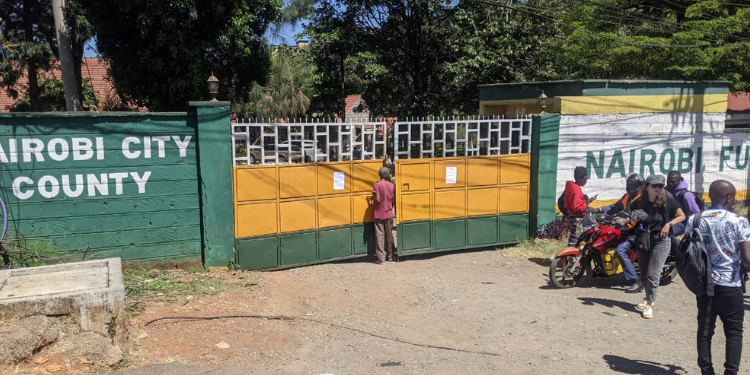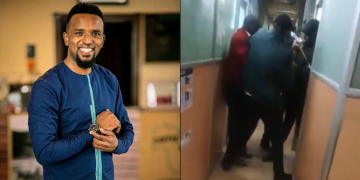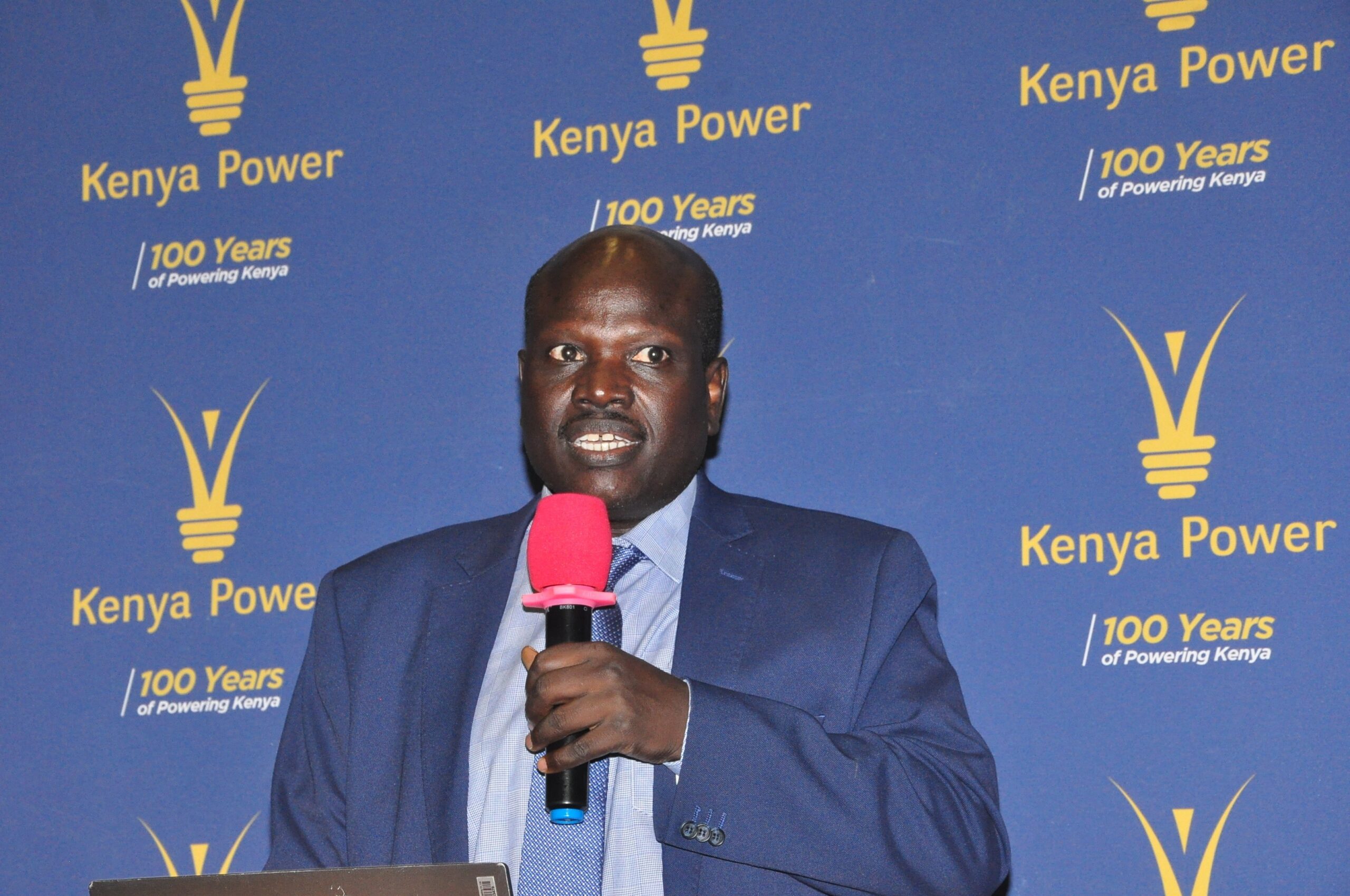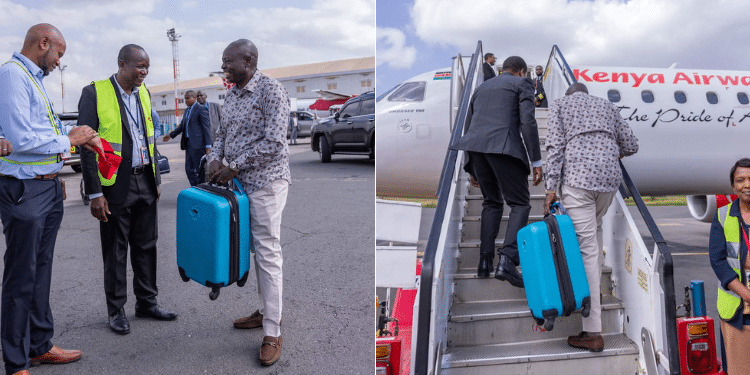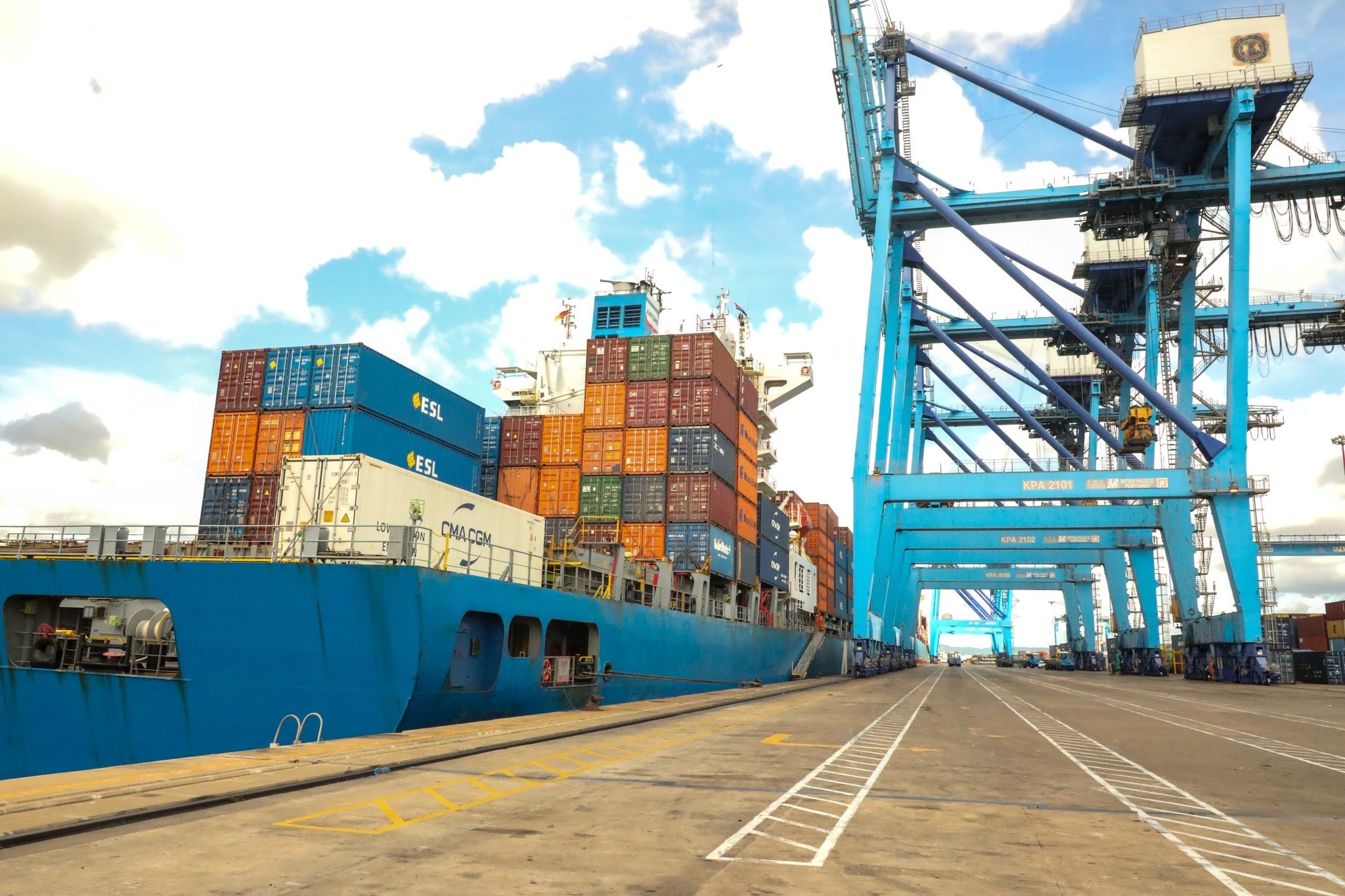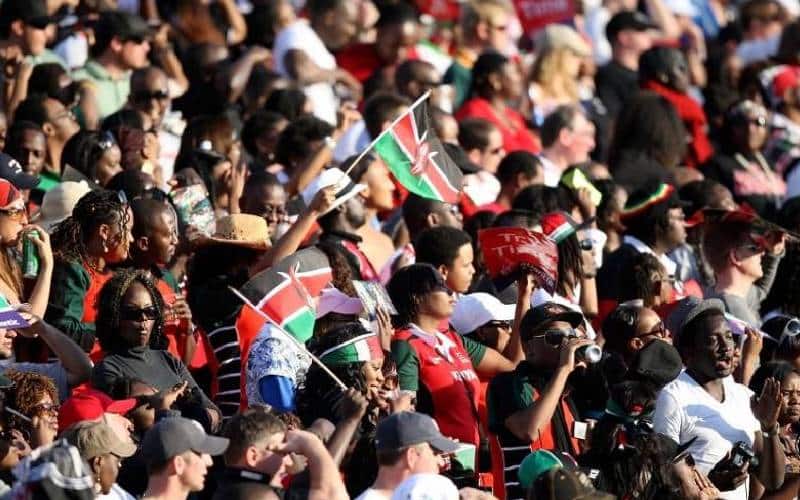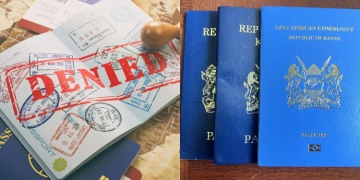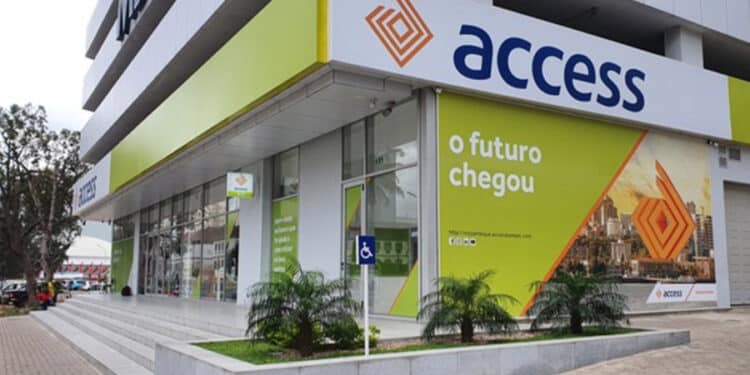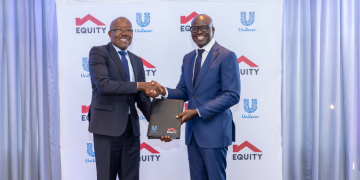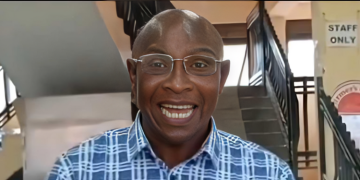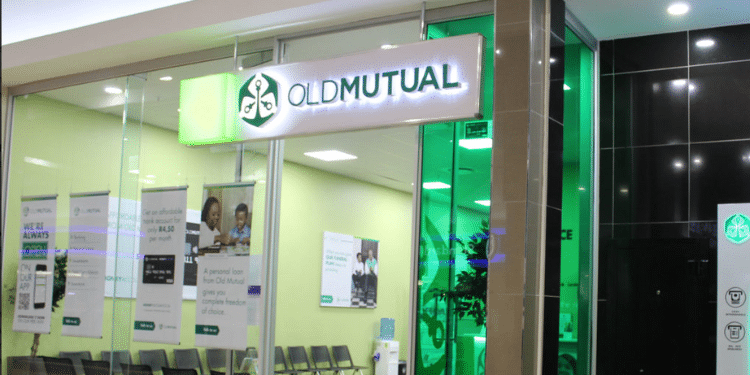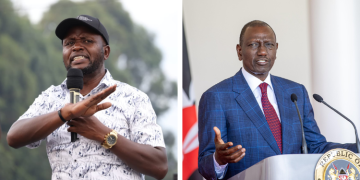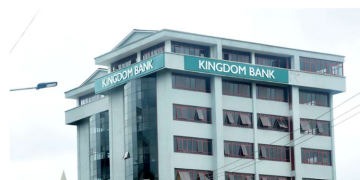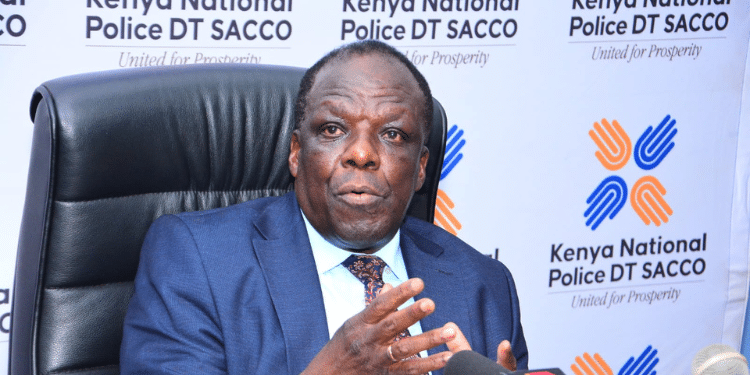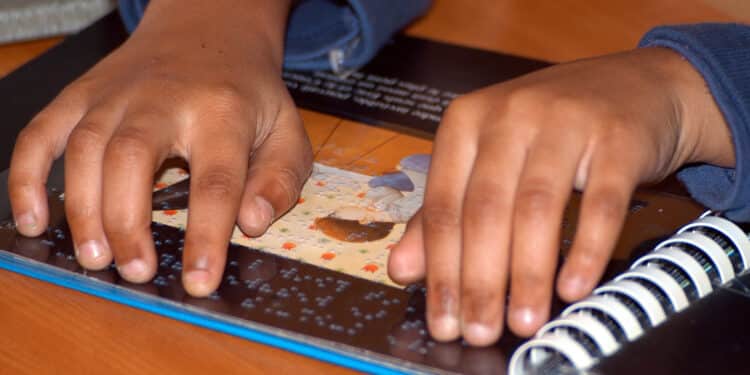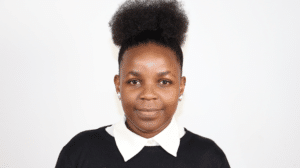The United Nations Sustainable Development Goal (SDG) 4 – Quality Education outlines that quality education is the foundation to creating sustainable development.
Education is one of the most key factors in reducing poverty and improving the quality of life. As such, every single human being has the right to quality education.
However, most times Persons with Disabilities (PWDs) are left out in various aspects of life including education and employment. Some of the obstacles faced by these individuals make it difficult for them to go through the education system like other abled people as well as in finding and sustaining gainful employment.
The challenge in getting employment comes because of an employer’s lack of awareness of disability matters and lack of training in required skills. Moreover, the informal sector lacks financial support for persons with disabilities, hence making it difficult for them to start and sustain their own business.
Similarly, studies suggest that PWDs are underrepresented in the education system. In fact, their estimates state that for every 7 children who are out of school, 1 has a disability.
Studies further suggest that many of the children with disabilities who go to school are exposed to an education system which does not effectively support their learning requirements. Thence, to achieve the SDG on quality education for all, there is need to provide accessible educational infrastructure, and materials required for PWDs in all levels of education.
The infrastructure in this case would mean accessible classrooms and buildings for wheelchair users, available braille machines, enough special needs teachers, among others.
Moreover, the Disability and Development Report, 2019 stated that school completion rates are lower among persons with disabilities when compared to persons without disabilities. In other words, children with disabilities are also less likely to pursue higher levels of education than their peers without disabilities.
It is important to note that when children are denied their right to education, they become trapped in a cycle of poverty and dependence. Nevertheless, the government together with Non-Governmental Institutions have made efforts to see that persons with disabilities are catered for in all sectors especially in Education and employment.
The Visually Impaired News Anchor – Chris Mwololo
The Kenya Times got the chance to speak with Mr. Chris Mwololo who is visually impaired, to get his take on whether the current education and employment sectors are inclusive for persons with disabilities.
Mr. Mwololo who is a news anchor at Signs Television, gives us a brief history of himself. Mwololo says he is a trained teacher who despite all odds decided to follow his dream of becoming Kenya’s if not the World’s most unique Journalist.
Being a trained teacher, the visually impaired news anchor has plans of advancing his studies in media training to fully achieve his passion in Journalism. However, he is also trained in business reporting and advocacy.
Moreover, Mr. Chris Mwololo has also gone through computer studies and is able to effectively operate the device independently despite being visually impaired.
When asked about the education system not favoring persons with disability, Mr. Mwololo noted that the academic performance of students with disabilities has over time improved because PWDs can now access institutions and facilities necessary for learning.
“I think the education system in Kenya favors persons with disabilities because nowadays, there is access to educational institutions and facilities for the PWDs that are special or integrated, to make learning inclusive.” Said Mwololo.
The news anchor further stated that the education system in Kenya has contributed to his success as an individual because he attended learning institutions for the blind in both of his primary and secondary school education.
“I learnt braille there; the environment was friendly and conducive for learning with adequate facilities and special trained teachers.” He added.
Nonetheless, the visually impaired news anchor noted that he has not been able to get all the required resources for his studies, especially in the higher institutions of learning.
“Being in an integrated setting, I had to deal with challenges such as unsuitable infrastructure, inadequate facilities, inadequate equipment, few trained teachers to cater for special needs learners and lack of enough learning materials,” he noted.

Also Read: Gender Equity and Inclusive Education for Sustainable Development
Employment Sector
Mr. Mwololo opined that the employment sector is not as kind to persons with disabilities, adding that PWDs do not get equal opportunities in employment as compared to people who are abled.
According to Mwololo, about 80-90% of persons with disabilities are unemployed and most of those with jobs receive little or no monetary remuneration.
He highlights some of the challenges PWDs face as follows.
- Discriminatory attitudes caused by lack of awareness
- Existing roles and procedures that may physically, or emotionally affect PWDs
- Physical barriers in premises and equipment
- Barriers in information and communication
However, the talented news anchor admitted that he has never been turned down on a job offer because of his disability; and neither has he been considered for a job for the same reason.
The aim of inclusive education is to ensure that all students are treated fairly and get equal opportunities. Mwololo says that within an inclusive education environment, every student’s diversity and uniqueness is celebrated without discrimination.
He further urges the stakeholders responsible to ensure classrooms are made up of students with mixed abilities.
“No child should be separated from the main groups based on discrimination. Learners should have an accessible environment and support to assist and allow them to reach their potentials.” He added.
Moreover, the news anchor gives his recommendations to the employments sectors, noting that office premises should be accessible for everyone, information should be made accessible as well for people who cannot use printed on papers and there should be access to information and communication technology.
Likewise, Chris Mwololo urges employers to form inclusion councils and celebrate employee differences.
All this he says will help achieve an inclusive environment as all employees, especially those with disabilities, will feel valued, respected, fairly treated, and empowered.
“As PWDs, we need opportunities, no sympathy. Give us a chance to show how we are able differently, employers should look at our abilities, not our disability. We are assets, not liabilities and we can deliver better than our colleagues who don’t have any form of disability.” Said Mwololo.
Achieving an Inclusive Education System
Make Schools More Inclusive – The ministry should ensure that the learning environment is inclusive for students with disabilities. The classrooms need to be accessible, learning material and equipment like braille machines available and lessons need to be made stimulating to keep up with the distinct types of disabilities.
Create Disability Inclusion Awareness – by educating the public on the importance of inclusion, especially in education, parents will come out and give their children a chance to source knowledge. Creating awareness enables people to embrace disability as a part of life and allows them to deal with it and accept it early enough.
Establishing and implementing an Inclusive Education System – the government can ensure education of all students, including students with disabilities, is led, and governed by the Ministry of Education. Moreover, they can also establish coordination mechanisms that tie the Ministry of Education with other Ministries, government disability focal points and other public bodies.
Give Donations – through partnerships with different disability centered organizations or the government, your donations may go a long way in purchasing equipment needed for kids who are disabled in school as well as funding disability centered projects. With donations, more PWDs who are unable to enroll in school may find such support.

